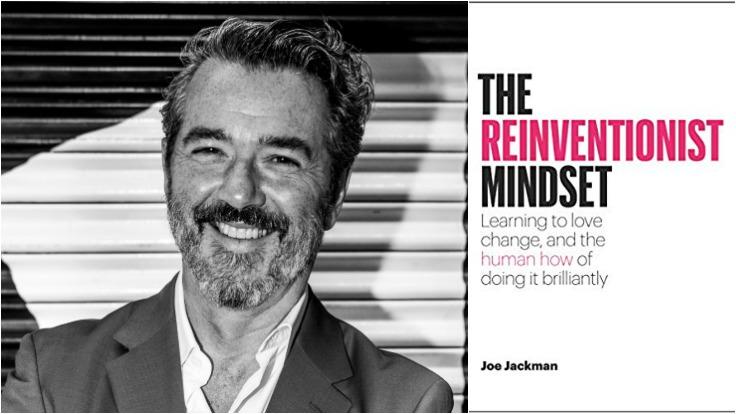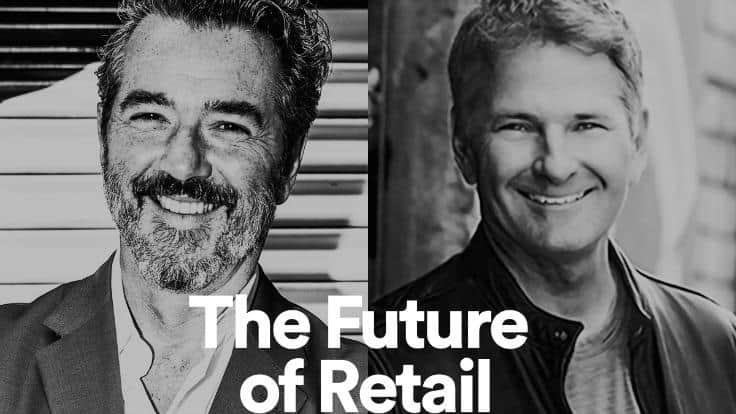Retail veteran Joe Jackman has helped revive countless ailing retailers—from Old Navy to Duane Reade—back to growth and relevance in the 21st century. His new book, The Reinventionist Mindset, crystallizes his decades of experience into a guidebook for leaders grappling with tremendous change.
The status quo is the “serial killer” of great companies, Joe Jackman writes in the first few pages of The Reinventionist Mindset. Though it’s human nature to do what we know, Jackman maintains that we must overcome our evolutionary impulses and embrace uncertainty. His book offers five essential principles to do just that—framed by high-profile case studies of brands who have undergone transformation. “The principles are people-powered, and include ‘digging deep’ into one’s business while looking beyond, and into other business categories for inspiration,” writes WWD, noting that the most valuable part of the book lies in its pink pages, “which include a reinvention framework worksheet and action steps for putting it all into practice.”
Read the full article here.
To book speaker Joe Jackman for your next event, contact The Lavin Agency and speak with a talented representative.

